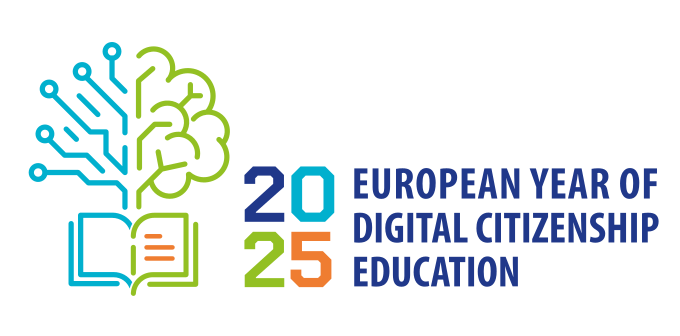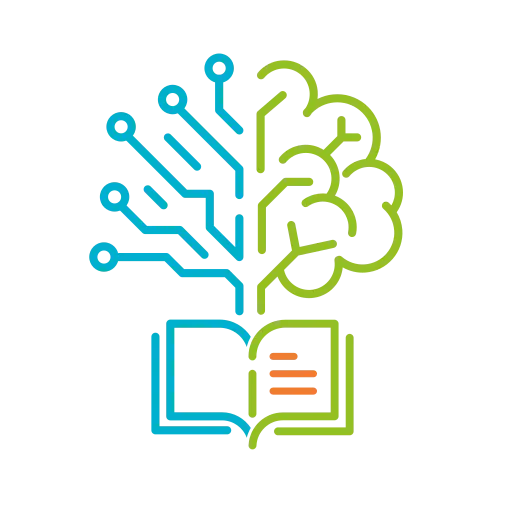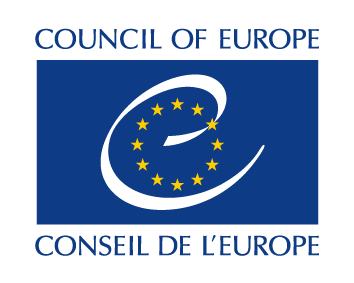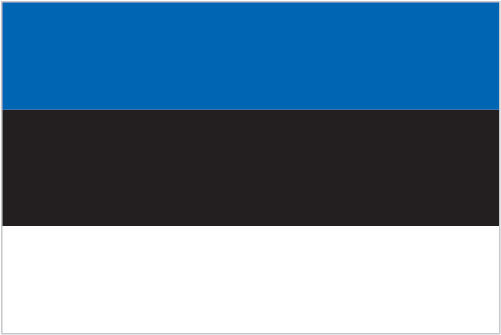For all the initiatives 1., 2. and 3. identified above:
The Ministry of Education had established several national nonprofit foundations to support implementation of its policies (the Innove Foundation, responsible for specific tasks within general and vocational education, such as administering national assessments, and the Information Technology Foundation for Estonia (HITSA), which promotes the development and use of technology skills in education) which were consolidated in 2020 under the Education and Youth Authority.
Other initiative beyond the above strategies:
- The Estonian Safer Internet Centre (SIC) runs the Safer Internet Day and promotes the positive and safe use of digital tools.
- National Digital Literacy Campaigns: the Estonian government has launched nationwide campaigns to enhance digital literacy among citizens. These campaigns focus on safe internet usage, protecting personal data, and understanding digital rights and responsibilities.
- Educational Technology Conferences: Annual conferences bring together educators, policymakers, and tech experts to discuss the integration of digital tools in education and promote best practices in DCE.
- Cybersecurity Awareness Initiatives in co-operation with cybersecurity firms conduct awareness campaigns to educate the public about cyber threats and safe online behaviours. These initiatives often coincide with international events like Cyber Security Month.
- CyberOlympics (Küberolümpia) Estonia: a national cybersecurity competition (led by Tallinn University of Technology) is aimed at students to raise awareness and interest in cybersecurity. It organizes competitions and training sessions to develop participants’ skills in cybersecurity and safe digital practices.
Sources
1., 2., 3., https://harno.ee/en
a) https://www.targaltinternetis.ee/
b) to e) Online survey with national authorities



